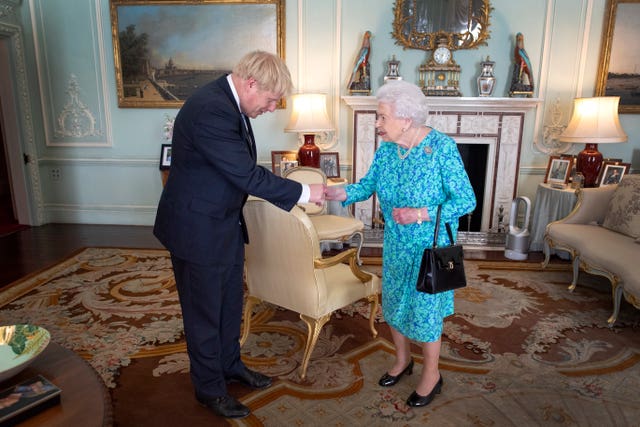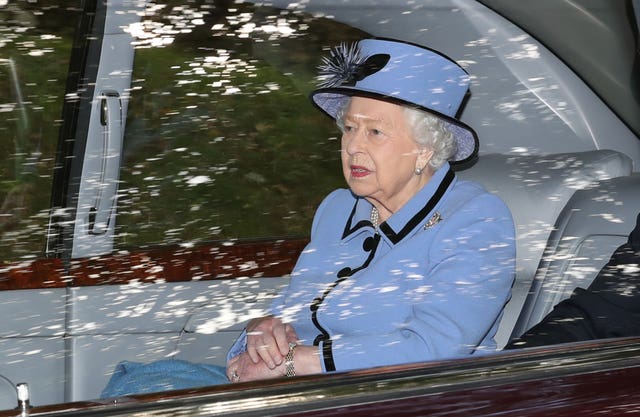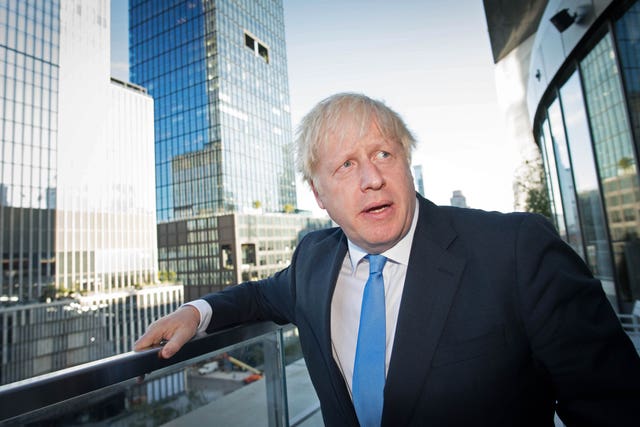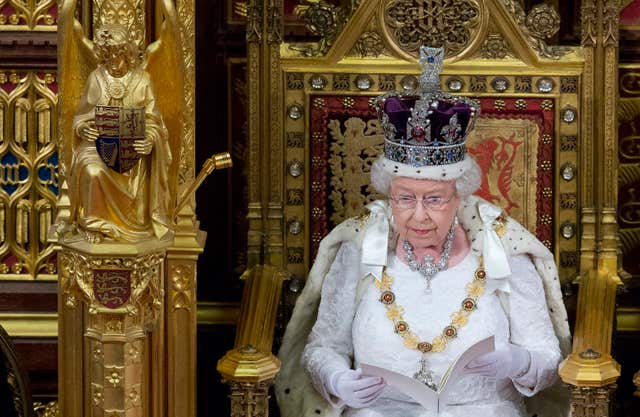Supreme Court ruling ‘raises questions over monarch’s powers’
Professor Mike Gordon argues the case highlights a need for a change in the law over prorogation.

The Supreme Court’s ruling on Boris Johnson’s unlawful suspension of Parliament is damaging to the Prime Minister, not the Queen, a constitutional expert suggested.
But Mike Gordon, professor of constitutional law at the University of Liverpool, argued that it raised the issue of what powers the monarch should hold and the need for the introduction of a law on prorogation.
He told the PA news agency that the Queen had been placed in a “no-win” situation when asked to act on Mr Johnson’s advice.

“She’s in a no-win position here because of the nature of our constitutional monarchy,” Prof Gordon said.
“Convention says she has to comply with what the government requires of her, but now she’s been told by the Supreme Court that what they told you to do was unlawful.
“But it would have been very difficult for her to challenge that advice at the time, and if she had that would have brought her into very difficult political territory.”
He added: “These are powers that probably, if we want to maintain the image of a monarch who is impartial and above politics, then this is probably not a power that such a figure can possess.”
Prof Gordon stressed that the introduction of statutory laws would give greater clarity over the suspension of parliament.

Republic, which campaigns for an elected head of state, argued that the Queen was “given an instruction to do an unlawful thing, and she did it”.
Graham Smith, spokesman for the group, said: “If parliament had been prorogued by an elected head of state, on the advice of the prime minister, that head of state would now have to resign.
“The Queen was given an instruction to do an unlawful thing, and she did it.
“We’re always told she has the benefit of decades of experience and yet she couldn’t see what was obvious to everyone else, that the PM’s motives were not honest.
“It cannot be the case that a head of state is constitutionally bound to do an unconstitutional thing. And ‘I was doing what I was told’ is no defence.”
Prof Gordon, however, argued that the Supreme Court made clear the wrongdoing was with the PM, rather than the monarch.

“The position of the Queen – when we’re actually discussing her role in the constitution – it always raises questions about her political neutrality and whether she’s done the right thing,” he said.
“But the Supreme Court are clearly saying here, she acted as she was required to act in accordance to constitutional convention, and the wrongdoing here and the illegality was on the part of the Prime Minister in the advice that he offered to her.”
The Court’s ruling stated that it was “not suggested in these appeals that Her Majesty was other than obliged by constitutional convention to accept that advice.”
It added: “In the circumstances, we express no view on that matter.”
It also declares that is not known what discussions went on between Mr Johnson and the Queen when the PM telephoned the monarch at Balmoral at 6pm on Tuesday August 27 to formally advise prorogation.
“We know that in approving the prorogation, Her Majesty was acting on the advice of the Prime Minister,” the judgment said.
“We do not know what conversation passed between them when he gave her that advice.
“We do not know what conversation, if any, passed between the assembled Privy Counsellors before or after the meeting.
“We do not know what the Queen was told and cannot draw any conclusions about it.”

Prof Gordon said the constitutional crisis had no comparison in modern times.
The Queen’s most difficult previous constitutional problems came in her early years as head of state when she appointed Sir Alec Douglas-Home as PM in 1963, on the advice of Harold Macmillan.
The Queen visited the ailing Macmillan in hospital and was told that a wide canvass of party opinion had convinced him that Lord Home should be his successor.
That effectively prevented the Queen from taking wider soundings, a failure which was to drag her into an ugly political squabble as it emerged that Macmillan appeared to have at least partially “fixed” the succession.
Buckingham Palace has not commented on the ruling.





